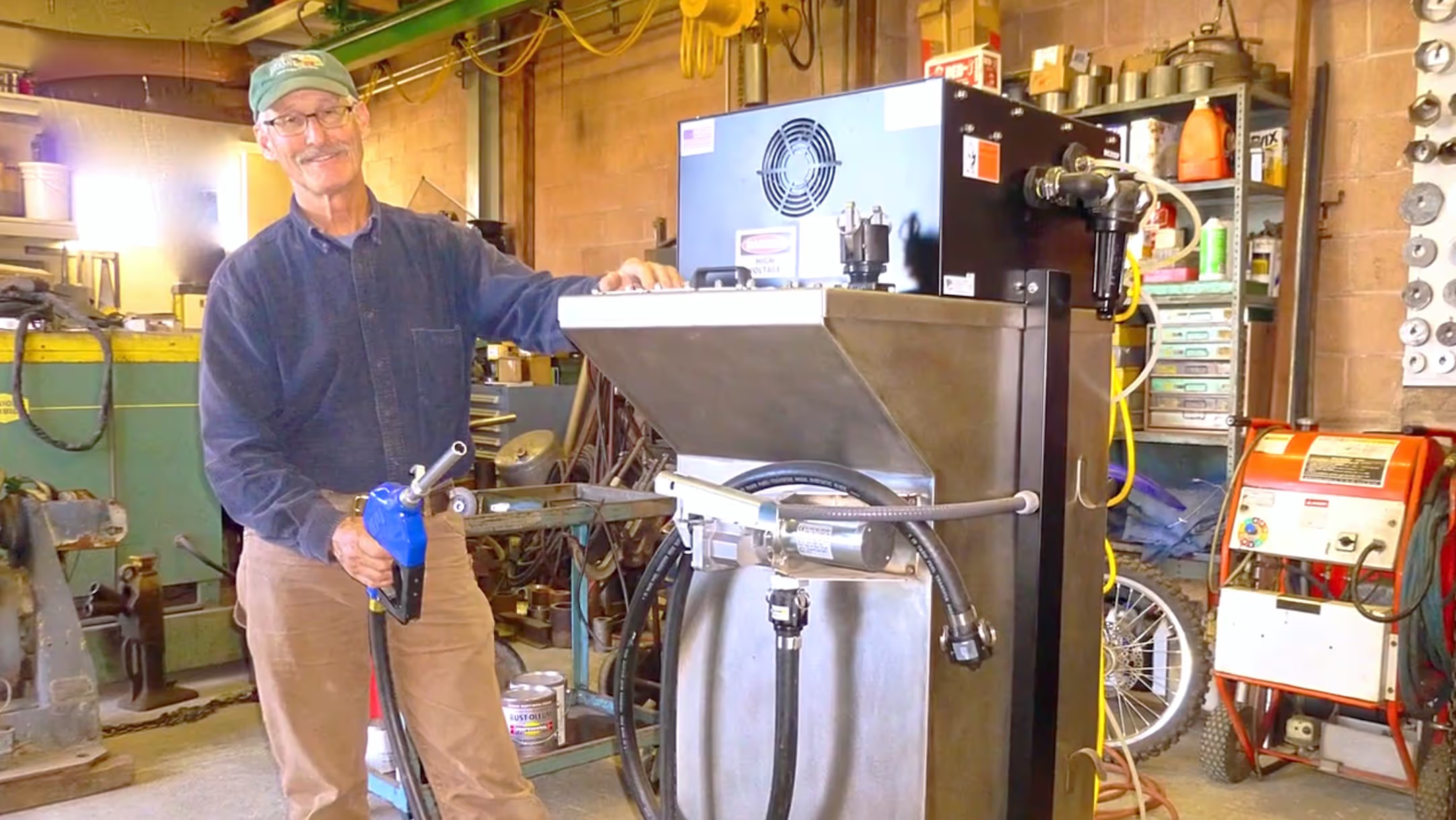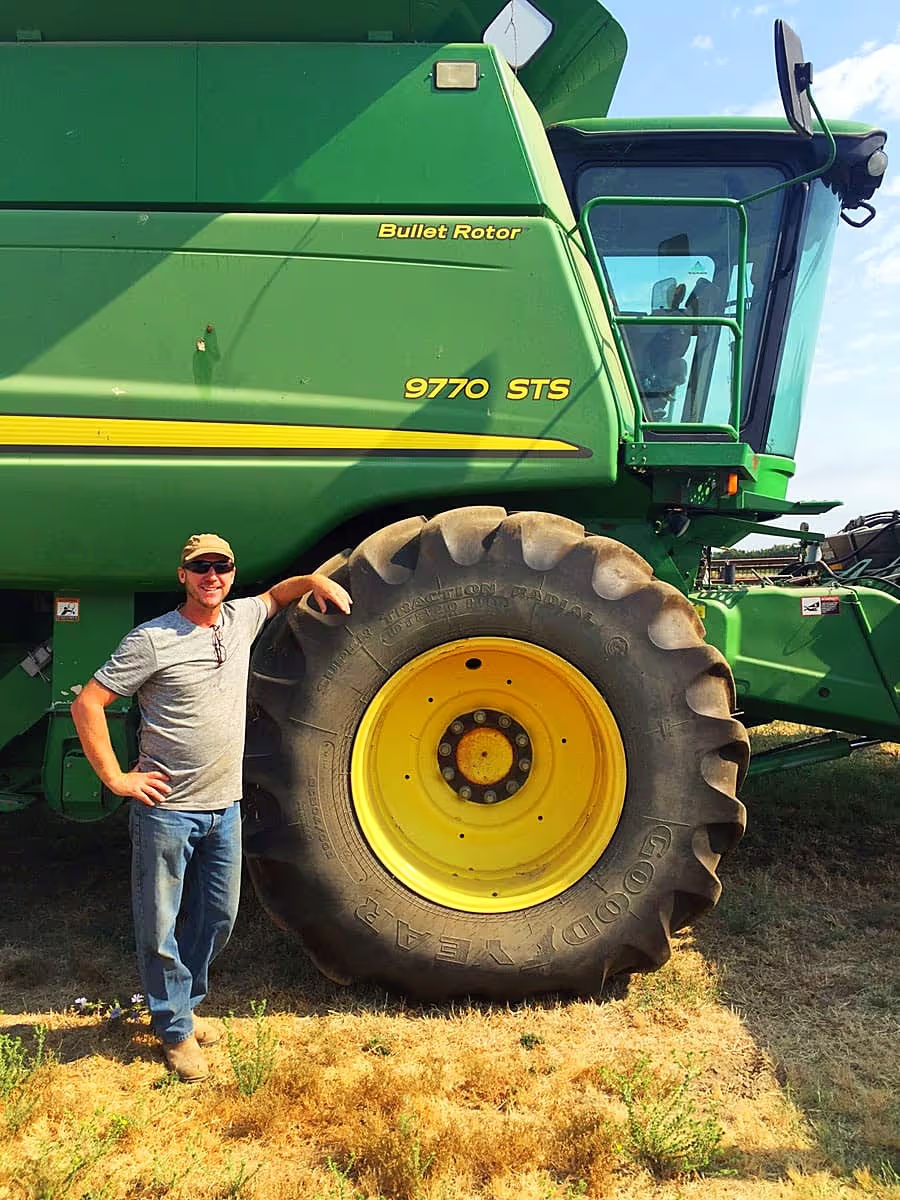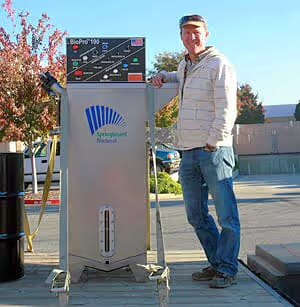office
2323 Park Avenue
Chico, CA 95928
Support
Monday – Friday
10 a.m. - 6 p.m.
© 2023 Springboard Biodiesel | All Rights Reserved | Website Designed by Luminous
benefits, case studies, testimonials


The ideal choice for farmers
One of the many benefits of biodiesel is that it can be made from a long list of vegetable or animal oils (feestock). The list of seed crops that convert beautifully into ASTM-D6751 grade biodiesel includes sunflower, safflower, canola, camelina, mustard seed, peanut, olive, soybean, rapeseed, jatropha, sesame, palm, cottonseed, and coconut; the list continues to grow.
We've selected a few interesting crops to call out below, but there are many others (see links on biodiesel made from animal tallow below). As a result, we are seeing a growing number of farmers take the plunge and choose to make their own fuel. All that a farmer needs is a BioPro™ biodiesel processor and a seed crusher, and he or she can reduce their fuel operation bills significantly.
We have yet to meet a farmer who isn't making their own fuel with a BioPro for less than the cost of regular diesel. Harvest the oil seed crop, crush the seeds, collect the oil, process the oil in a BioPro, sell the remaining high-protein bran as cattle feed, and save money!
Johhny Davis (see below) is doing it. Johnny is a semi-retired farmer and owner of the ARCO feedlot in DeWitt, AR. He operates a BioPro 380 and SpringPro T76 drywash system. With this set-up, he is capable of producing 100 gallons every 13 hours. He is one of several farmers in the Arkansas Delta region working to convert camelina and other winter crops into ASTM-grade biodiesel. Read more about Johnny Davis' project here.


Savings/gallon of B100 produced in a BioPro on 8 acres:

Henry Smith, board member of Farm Fuel Inc. stands with FFI's BioPro™ 190EX. Farm Fuel is a small business located in Watsonville, CA that was started by organic farmers. They are currently converting mustard seed into biodiesel fuel and are looking to expand their operation with the purchase of four more mustard seed presses. Check out their Indigogo project.


Local farmer Greg Massa of Massa Farms just stepped up to the plate and stands here with his BioPro™ 190. Greg and his wife Raquel plan to press safflower seed to make biodiesel fuel for their farming equipment. Their plan includes selling the meal that is left over (after the oil is extruded) as cattle feed. They've taken a financially creative route to pay for the required equipment by putting up a crowd sourcing proposal. We applaud their initiative and urge anyone who can to contribute.
Please contact Springboard Biodiesel for more information.